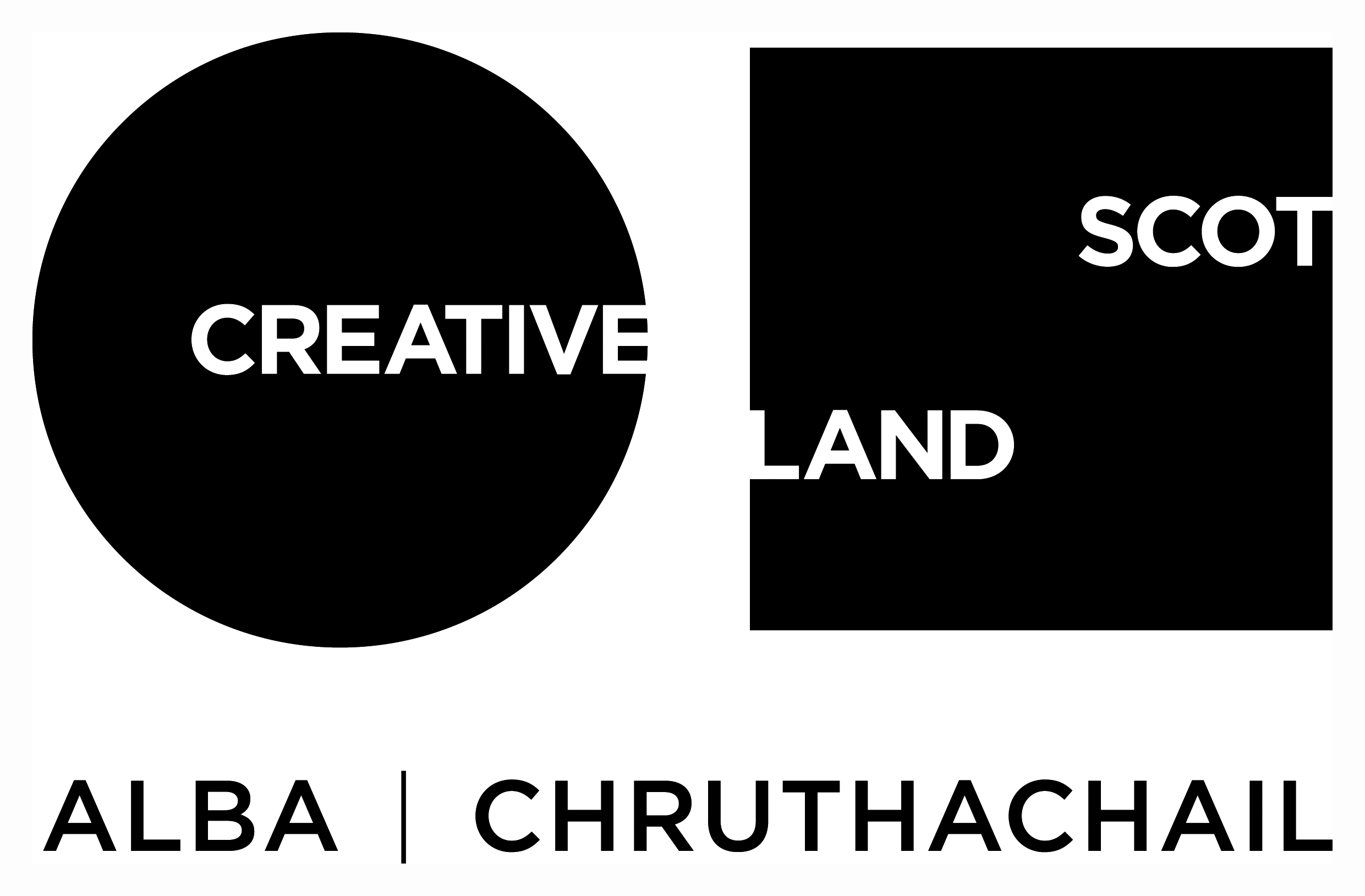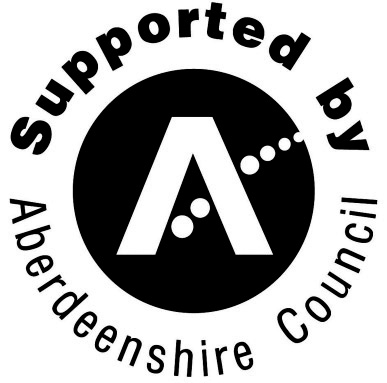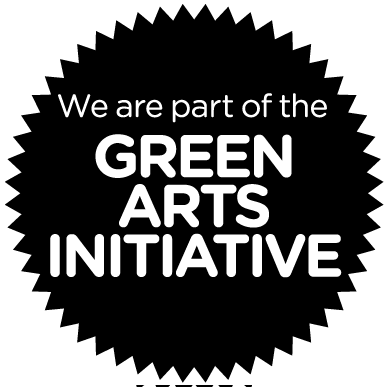If you have questions that aren’t covered here, or would like to discuss your specific circumstances prior to application, please don’t hesitate to get in touch via admin@ssw.org.uk or 01464 861372.
These questions are available as an audio version via this link.
Can I work part-time or job share?
Within the constraints of the Weston Jerwood Creative Bursaries we can only recruit one person for a full-time, fixed-term position. We can offer some flexible working – see Section 1 of the Job Pack.
Can I work remotely?
Currently the SSW team is working part-time on site and part-time from home. We hope that by March 2021, when the Programme and Communications Fellow starts the role, that we will all be back in the office for the majority of the time. With this we want the Programme and Communications Fellow to work as part of the team on site.
This is important to us for several reasons; we want you to understand what it is like to live and work here – our geography and rural location affects how and why we work in certain ways and what we work on! Also, part of the role is working with and supporting artists who will be on residency or undertaking projects at SSW, which needs to happen in person.
We are willing to support some remote working if you have access needs or through your relocation.
What about COVID-19?
Regardless of what happens in the coming year with COVID-19, we are planning for our programme and projects to continue with contingency planning in place. If the site is closed and there are travel restrictions in place we will respond accordingly, and work with you to find the best way to support you in the role. While the site is open we have many safely procedures in place to keep everyone safe. You can read more about these on our website.
Why are you planning artist-led projects at SSW which centre the work and experiences of BIPOC within rural Scotland?
We can specifically evidence the underrepresentation at SSW of people who are of African, Caribbean, South Asian, East Asian, South East Asian, Middle Eastern and/or First Nations heritage. This underrepresentation is also evident in the arts in Scotland more widely (see Creative Scotland’s ‘Understanding Diversity in the Arts Summary Report’ from 2017) and is reflected in statistics on who has access to the countryside (see DEFRA’s 2019 Landscapes Review of English National Parks).
There are many reasons for this, and some of these are particularly difficult to see through their structural and systemic nature. We recognise this and in working to dismantle these structures in our work, we believe we need to start within our unique context as an arts organisation in rural Scotland. This is in line with our mission to “question narratives of our location and critically engage with the urgent issues of our time”, and our values statement as a whole, particularly to “advocate for justice in the arts sector and more widely”. As with all art work(s), we anticipate there will be nuanced and complex relationships and ideas relating to these issues and this work which will come to the fore as we take this forward in the coming years.
How do you define ‘at an early stage of your career’?
We would suggest that you are at an early stage of your career if you have between 2 – 5 years’ experience of developing a practice or working in the arts. You could have gained this experience through (possibly a combination of) education, a personal artistic practice, volunteering in artist-led spaces or working in the broader charities sector, among other ways. The skills and experience required for the role can be learned in other sectors, in professional or personal capacities and we encourage you to think about transferrable skills when writing your application.
We recognise that you may have faced barriers to work or education previously, had breaks in your career or taken alternative routes into the arts beyond art college or artist-led experience, so it may not be easy to define whether you have had 2 – 5 years of experience. Rather, we hope this will give you an idea of the level of the role – the responsibility and tasks it will encompass, and the related salary.
If you feel that the role is at an appropriate level for your knowledge, experience and development, regardless of how and when you have gained this, and you are otherwise eligible, we would encourage you to apply.
Can I use the workshops and studio at SSW?
Yes! You can use the studio for personal practice when it is not in use by visiting artists, and the workshops when there’s availability. We would usually use the workshops in our free time unless it is part of projects or programming, and this must be done with the agreement of a technician.
I have caring responsibilities, how will SSW support me?
We can offer a family sized room in a shared house to support your relocation, and an extra room should you be moving house with someone for whom you have caring responsibilities. We can also support in finding support and networks for you and those you care for locally.
I have additional access needs, are there additional funds available for this?
Jerwood Arts can offer additional financial support for you to access your placement should there be additional costs that aren’t covered by Access to Work or SSW’s standard employment practices.
Will there be opportunity to keep working at SSW after the year is over?
This is a one year fixed-term post from March 2021 to March 2022. The continuation of this role is funding dependent and as such it is unlikely that there will be continued employment after this date.
Why don’t you ask for a CV?
We believe a CV puts too much emphasis on professional experience. We don’t care where you have worked or where you went to school. A CV is a very specific format that needs to be taught and learned, and we recognise that not everyone has this privilege. Thinking about your experience and skills, professional or personal, and using these to tell us how you could do the job is much more accessible for more people. If you send us a CV with your application, we will not include it in the selection process.
What is it like to live in Aberdeenshire?
As you can imagine, it quieter than living in a large town or city. There is lots of opportunity for walks and enjoying the local landscape. You really feel the seasons, with long bright nights in summer and deep darkness at the height of winter.
The nearest towns to Lumsden are Huntly (25 minute drive) and Alford (15 minute drive). Both have schools, leisure centres, restaurants and supermarkets. Huntly is also home to our friends at Deveron Projects, who have lots of events to go to. Aberdeen is about an hour’s drive away. It’s home to diverse communities and cultural organisations/groups. There are shops, restaurants, religious centres, cultural venues and universities. Most of the team live in smaller villages around Lumsden and drive to work, unless they live in Lumsden itself. Public transport operates on a limited timetable throughout the week– because of this it can be helpful to have access to a car or be an avid cyclist! With this though, we often give each other lifts into work and there is usually someone travelling in most directions.
In Lumsden itself, there is a small garage, village hall and primary school. The fish and chip van comes on the second weekend of the month and everyone turns out for it. There are several local suppliers who deliver goods to Lumsden, such as a butchers, bakers and fishmongers, and supermarkets also offer delivery of groceries.





